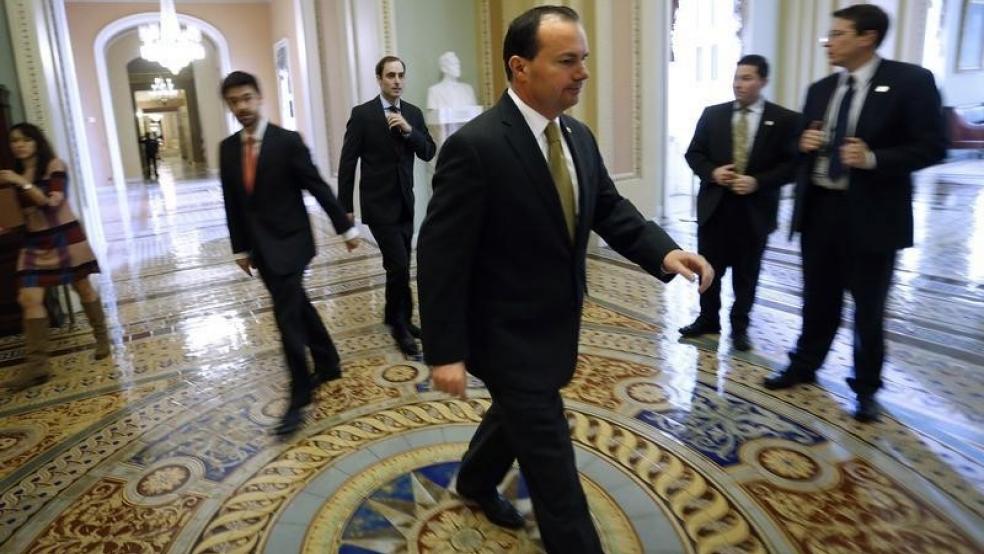WASHINGTON (Reuters) - After notching a few legislative accomplishments this year, the U.S. Congress is fast approaching a test of its core ability to govern, with the convergence of a series of fiscal challenges that if botched could lead to a government shutdown and even default.
In September, lawmakers must agree on funding levels for the Oct. 1 start to the next fiscal year or face agency shutdowns like those that vexed Washington and unnerved financial markets for more than two weeks in October 2013.Add in the need to raise the Treasury Department's borrowing authority, extend expiring tax breaks and replenish a fund for road and rail transit projects, and the Republican-controlled Congress will face its toughest decisions of 2015.Unless Congress acts to raise the $18.1 trillion debt limit, the Treasury could run short of funds to pay some obligations by November or December, a line that lawmakers have flirted with in the past but never crossed. For now, Republicans and Democrats remain far apart on a fiscal roadmap, with President Barack Obama threatening to veto spending bills and Republicans rejecting Democrats' calls for negotiations now, before a "fiscal cliff" approaches.House Democratic leader Nancy Pelosi said on Thursday she hoped that just after the August summer break, "we would immediately go to the (negotiating) table."Just two days earlier, however, House Majority Leader Kevin McCarthy, the No. 2 Republican, dismissed the idea."The Democrats continue to ask for tax increases, bigger spending ... so I don't find a place currently where we can come to a conclusion," McCarthy said when asked about the urgency of budget talks.As the spending bills stall and each side accuses the other of marching toward a shutdown, time is running short. Both houses of Congress are scheduled to start summer breaks in the next two weeks and the House of Representatives is scheduled to be in session for only 10 days in September."It's as if the Republican leadership is paddling calmly down the river with a huge waterfall ahead," said Representative Chris Van Hollen, the senior Democrat on the House Budget Committee.House Speaker John Boehner, acknowledging the tight timeline, said on Thursday that Congress would likely need a continuing resolution "of some sort" to extend funding at current levels.Still unclear is whether Republican leaders would seek a continuing resolution of a few months' duration or one that goes through the entire fiscal year ending Sept. 30, 2016.Either way, a continuing resolution would give Democrats, who are in the minority in the House and Senate, an opportunity to stave off deeper spending cuts for domestic programs.Besides fundamental disagreements over domestic spending, Republicans want to tack onto appropriations bills some major policy changes they know Obama would veto, daring him to bring the government closer to a shutdown on Oct. 1 and hoping that voters blame Democrats.Republicans have suggested a cache of controversial ideas they could try to insert into a massive spending bill, such as stopping Obama's greenhouse gas regulations."We've got to be able to stand firm on things that we think are very important to the health of our economy," said Republican Senator David Perdue, a Budget Committee member.With the two sides digging in, at least for now, a reporter asked McCarthy whether Congress is going to produce a fiscal "fur ball" at year's end - a messy legislative catch-all spit onto the House and Senate floors that many lawmakers will dislike."Only time will tell," McCarthy responded. (Additional reporting by Susan Cornwell; Editing by Dan Grebler)Fiscal issues to haunt U.S. Congress after its August recess

Aaron Bernstein



